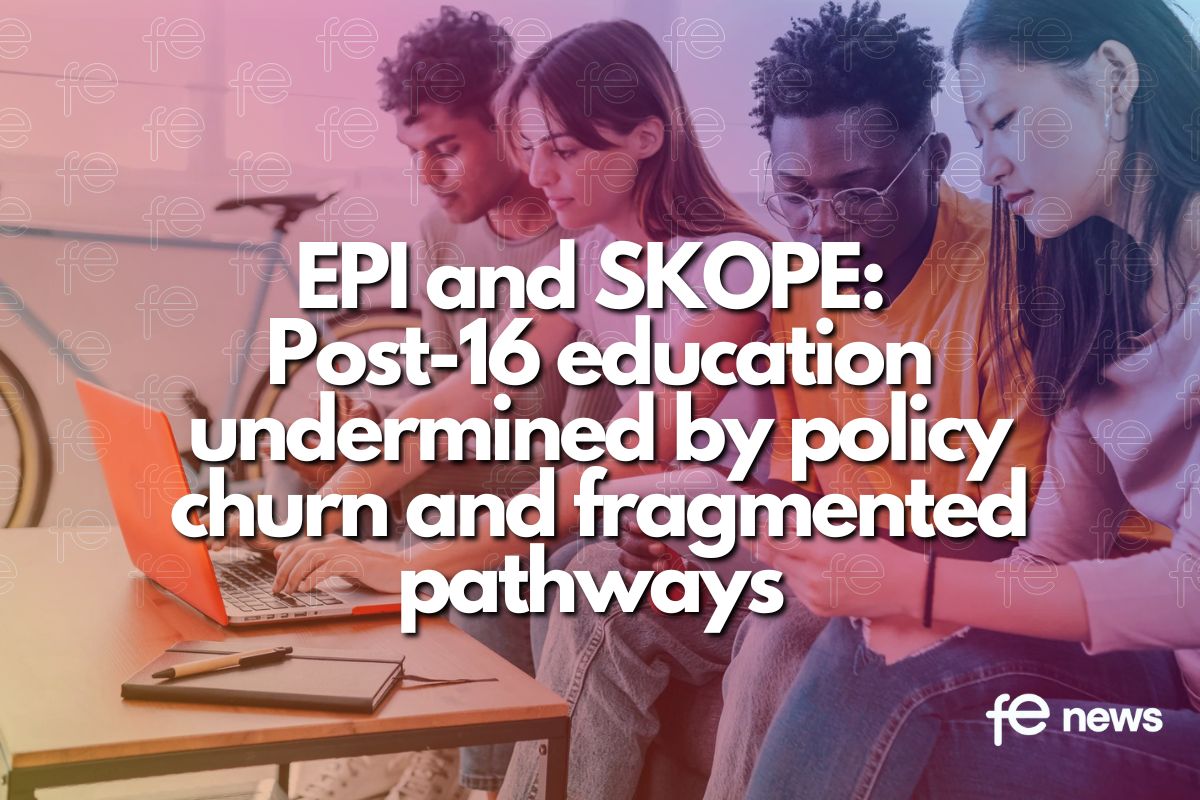Supporting the education and learning of people of all ages during a pandemic and beyond

Over the past 12 months we have seen the pandemic shape and alter our social and economic priorities. Education and learning have played a key role in increasing prosperity, as well as delivering considerable benefits to society as a whole. But as we move forward into a post-COVID-19 world, how can we ensure lifelong learning becomes a way of life?
In a changing job market, the development of skills, especially within the adult population is essential. It helps create the right mixture of skills, knowledge and abilities that meet the workplace demand.
Studies have shown that lifelong learning has positive outcomes for individuals, communities, and the economy. On an individual level, participation in learning activities has shown to improve life satisfaction, well-being, and self-confidence. When it comes to the positive effects on the economy, it’s estimated that developing the skills of the UK workforce could generate an estimated £80 billion, whilst also improving the employability of older workers.
A recent study published by Foresight, the Government office for Science suggested that the benefits of lifelong learning are far greater than just bridging skills gaps and helping people get back into work. Health benefits such as higher levels of physical health as well as improved mental health have been linked to adult learning.
Pair that with the increased employment opportunities and enhanced skill set, it is a recipe for success. But it’s not just the health benefits that prove how valuable lifelong learning is to us as society. The social effects of adult learning have been linked to social cohesion and engagement, social trust, and also fosters a capacity to be collaborative with others in the workplace.
Education and learning are no longer restricted to the compulsory education years, instead a new era of lifelong learning and development is paving the way. Work-place training, vocational training, apprenticeships, and more are helping people develop and grow their skills. As training providers, we must normalise and encourage learning at any stage in an individual’s life, whether that be undergoing an apprenticeship straight out of school or taking part in a Sector Work Academy Programme (SWAP) to help connect someone who is unemployed with quality job opportunities in specific industries. Through normalising lifelong learning opportunities, we can encourage people to embark on their journeys, reaping the personal, social and economic benefits lifelong learning offers both to the individual, their community and our economy.
As CEO of a group of training and education providers, we are continually seeking new ways to support people and the communities in which we operate to expand their employment opportunities. Through a combination of learning and training opportunities provided, we can help positively impact our learners, and their communities. Our commitment to driving social mobility remains our top priority now and moving forward into a non-COVID-19 world. We will continue to do our part to help diversify the skills across communities in the UK, supporting people from all backgrounds to access learning and training opportunities.
Making lifelong learning a way of life is possible and actually crucial to support our country recover from the pandemic, but it will take support from the Government, both national and local to ensure the success of these skills programmes. Through initiatives such as the Lifetime Skills Guarantee, the commitment to create thousands of green jobs, and schemes such as Kickstart, it is clear that skills for today and the future are a key focus of the Government’s plans to Build Back Better. However, in order to successfully deliver these programmes and drive down the huge employment rates, the Government needs to ensure education and training providers can easily adapt and deliver such programmes, working agilely to adjust their offer and delivery methods. Funds must be easy to access, and ‘white-tape’ kept to a minimum in order to support the sector. It is my belief that through a combined effort, that uses specialisms to full effect and adapts a collaborative approach to delivery, that we can support society in the development of skills that meet the job market demands, and help individuals reap the personal and professional rewards lifelong learning offers.
Jayne Worthington, CEO at The Progress Group











Responses